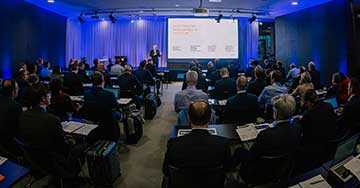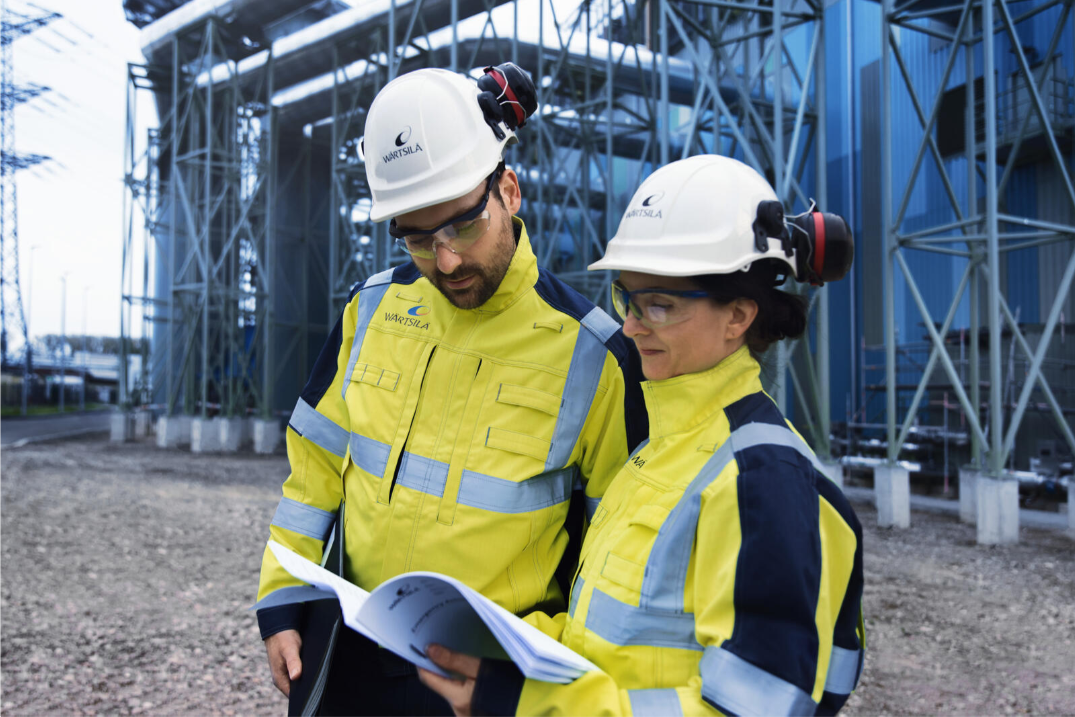
About Energy
About Marine

About Wärtsilä



The coal exit law adopted in 2020 sets out a roadmap for shutting down Germany’s remaining coal power capacity by 2038. The reduction in electricity generation from coal-fired power plants is to be offset through investments in renewable energy sources, among other measures.
The recently amended Kraft-Wärme-Kopplungsgesetz (KWKG), also known as the CHP Act, is to be continued until 2026. It encourages the replacement of coal-fired power plants with CHP facilities, offering a one-time coal-replacement bonus for new plants and incentivises innovative renewable heat production with an increased CHP bonus.
.tmb-width700.png?Culture=en&sfvrsn=3e099b44_1)
ii.jpg?sfvrsn=40f58544_6)
The bonuses offered by the updates to the CHP Act will be beneficial to CHP plant owners and CHP providers in Germany. However, exactly how best to take advantage of the act remains unclear. This lack of clarity is what led Wärtsilä to conduct a modelling exercise to determine the optimal capacity mix depending on the CHP plant technology used and the different share of renewable heat production. The modelling was conducted using PLEXOS energy simulation software.
In addition to the CHP plant, the model also built a certain capacity of heat pump and heat storage; the exact capacity varies between scenarios depending on the CHP plant technology and the share of renewable heat in the system. In general, the modelling produced the following results:
We want to show how energy security can be maintained without coal by 2030 while promoting energy independence and affordability
Based on the modelling results, investing in renewable heat makes sound financial sense for German CHP providers.
Including renewable heat generation will significantly improve the business case of a new CHP plant – indeed, the more renewable heat used, the better the business case becomes. Engine CHP plants lead to the most cost-efficient outcome.
Their combination of high single-cycle efficiency and flexibility results in heat generation prices that are 10–15% lower than for turbine-based alternatives.
Benefits:

Germany is phasing out coal, and the recently amended CHP Act provides financial incentives for providers to invest in innovative renewable heat. Based on the results of PLEXOS modelling conducted by Wärtsilä, there is a compelling business case for CHP providers to include RES-based heat.
This business case is further enhanced if a coal-fired plant is replaced with a non-coal-fired CHP. The exact percentage of RES-based heat to include in the generation mix needs to be determined on a case-by-case basis according to the unique parameters for a given provider. Wärtsilä can model each case individually to determine the optimal way for customers to leverage the opportunities presented by the CHP Act.
Wärtsilä is committed to providing customers with future-proof solutions to support the transition towards a 100% renewable energy future and help decarbonise the society.
We decided to have a solution that is a good balance between cost efficiency, reliability, availability and climate protection
Webinar: Why innovative CHP is good for the climate and your business
Replacing coal with renewable generation and flexibility promises European energy independence
22 June 2021, Press Release
The Change of a Decade - What Happens Next in the Energy Industry
3 February 2021, Insights Article
This is how Germany could phase out coal much faster
3 February 2021, LinkedIn Article
This is why hydrogen alone cannot solve the energy transition
3 February 2021, LinkedIn Article
Please fill in the form, we aim to respond within 1-2 business days depending on the enquiry. For an existing installation, provide all necessary details to identify the installation and the equipment. Fields indicated with an asterisk (*) are required.